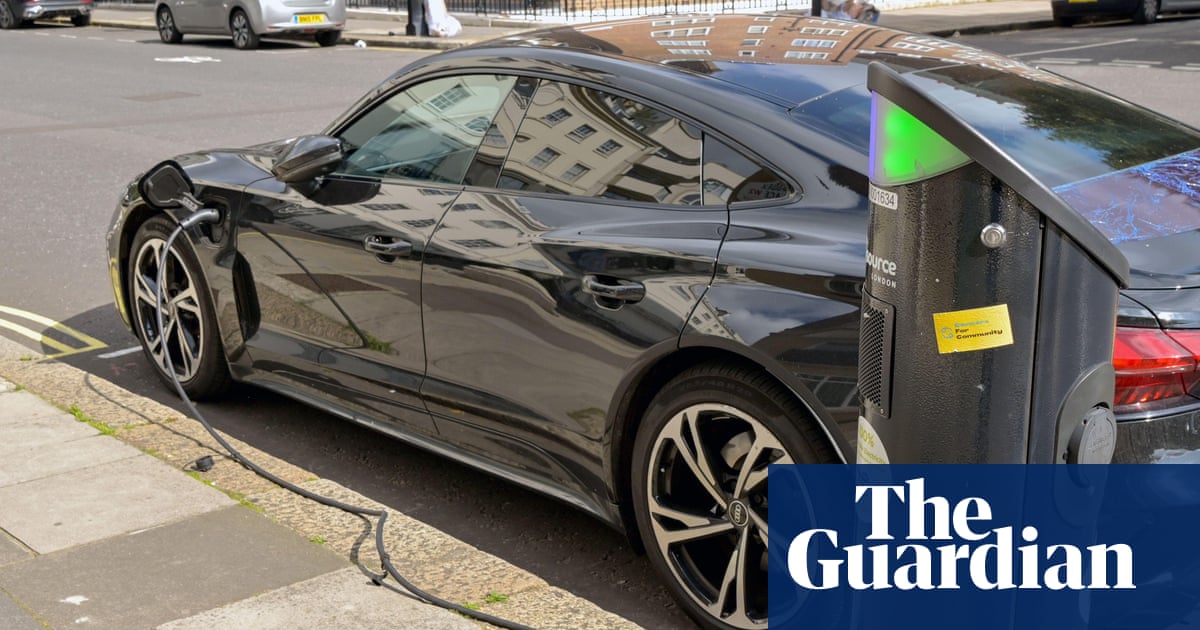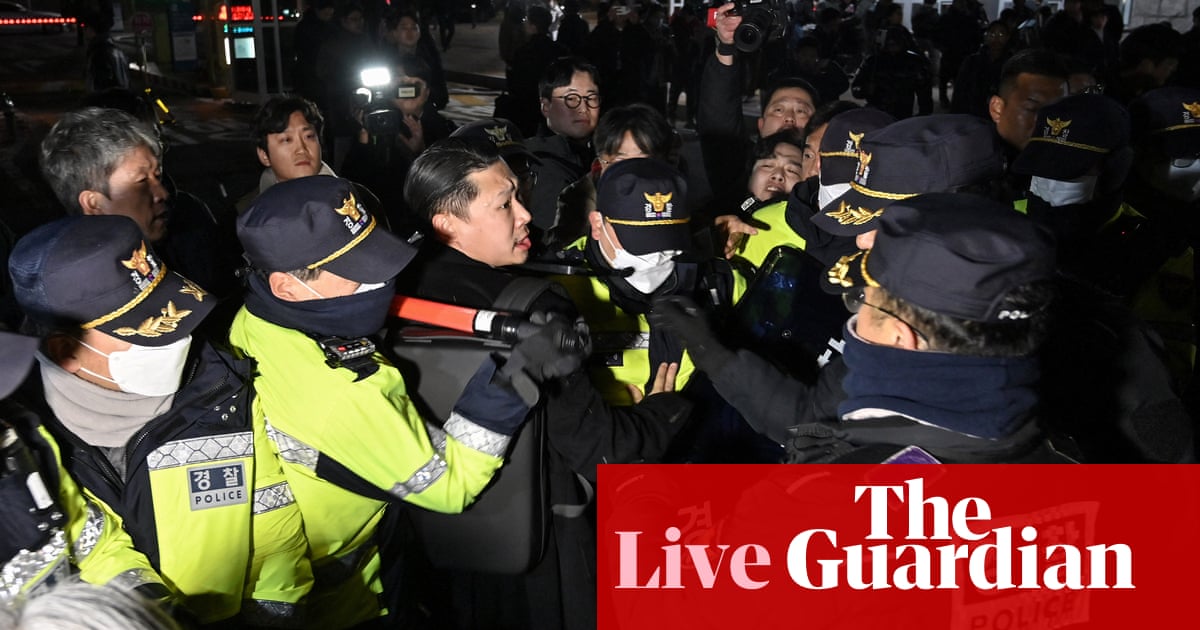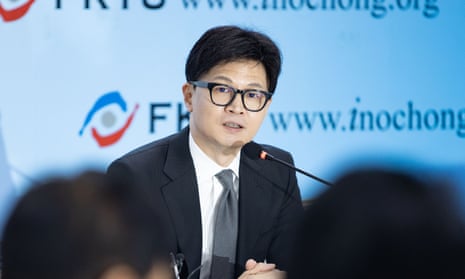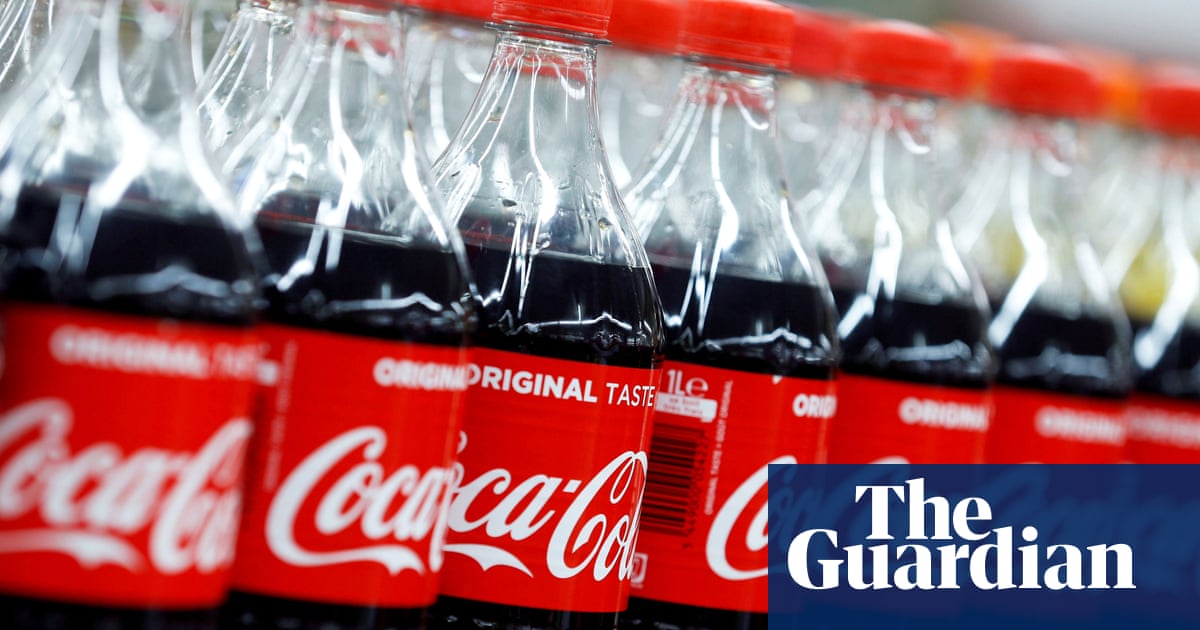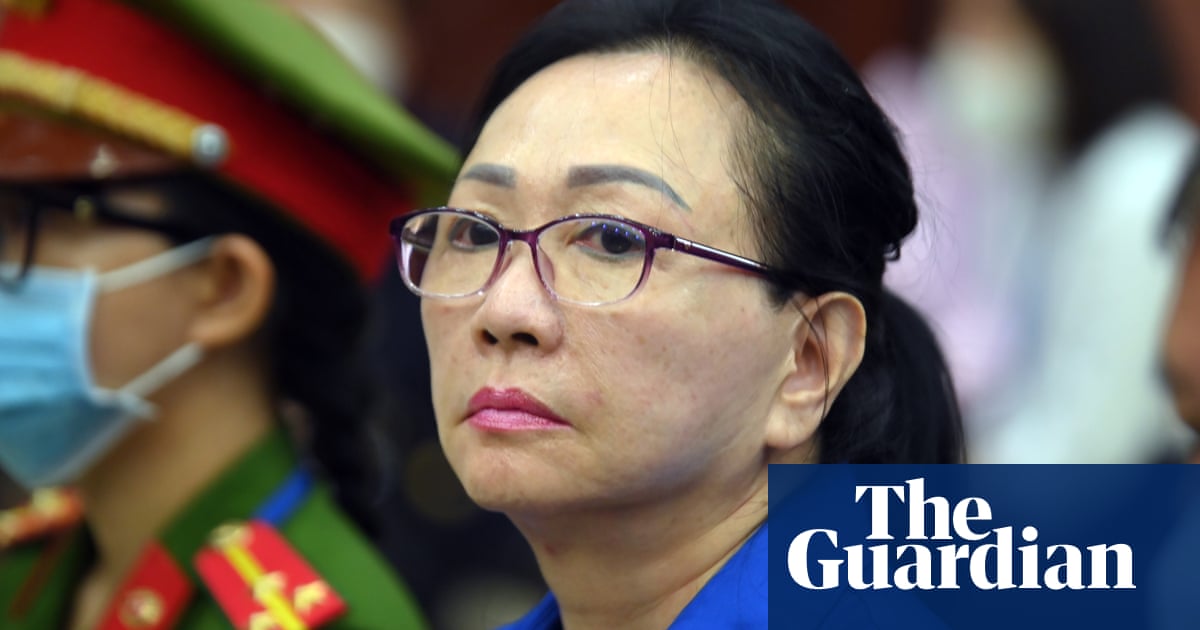One of the cornerstones of Amazon rainforest protection – the Soy Moratorium – is under unprecedented pressure from Brazilian agribusiness organisations, politicians, and global trading companies, the Guardian has learned.
Soy is one of the most widely grown crops in Brazil, and posed a huge deforestation threat to the Amazon rainforest until stakeholders voluntarily agreed to impose a moratorium and no longer source it from the region in 2006.
The voluntary agreement brought together farmers, environmentalists and international food companies such as Cargill and McDonald’s, and decided that any detection of soy planted on areas deforested after 2008 would result in the farm being blocked from supply chains, regardless of whether the land clearance was legal in Brazil.
In the 18 years since, the moratorium has been hailed as a conservation success story that improved the reputation of global brands, enabled soy production to expand significantly without Amazon destruction and prevented an estimated 17,000 square kilometres of deforestation.
But next week the main soybean body – the Brazilian Association of Vegetable Oil Industries (ABIOVE) – will ballot its members about a reform that conservation groups say would gut its effectiveness and embarrass the government of Luiz Inácio Lula da Silva ahead of next year’s COP30 climate conference in Belém.
The association is proposing a change in the way the moratorium is monitored. Instead of assessing an entire farm, it breaks down the analysis to the level of individual fields, which would allow growers to pick and choose which areas of their land are in compliance.
In a statement to the Guardian, the association said it remained in favour of the moratorium, but was planning unspecified changes: “Despite all pressures from different stakeholders, in all forums, ABIOVE and its members maintain defence of the Amazon Moratorium, striving to meet the demands of both farmers and consumers, including proposing some updates to the current model.”
But conservation groups warn this reform would create a huge loophole and they have threatened to withdraw from the moratorium if it goes ahead.
“The question this raises is why the leadership of ABIOVE is pressing ahead with this vote, when it appears to undermine the commitments of its member companies,” said David Cleary, global director for agriculture in the Nature Conservancy. ‘The proposed changes to shift to a sub-farm level monitoring system make it possible for farmers to sell to moratorium companies from one part of the farm and non-moratorium companies from another. The monitoring of the moratorium has worked well since 2008. If it isn’t broken, it doesn’t need fixing.”
WWF said any move to end or weaken the soy moratorium could open up 1.1m hectares of forest for soy production and push the Amazon closer to a calamitous tipping point and emitting 300m tonnes of CO2 from deforestation. “This is not just an environmental issue but a critical economic and reputational risk for the entire Brazilian soy industry,” WWF noted in an email statement. “In addition, this could lead to an increase in land speculation, land grabbing and potential conflict in the region.”
Others noted the threat to the moratorium would introduce greater complexity and uncertainty into the supply chain, weakening enforcement mechanisms and making it more difficult to hold traders and producers to account. Jane Lino, deputy director of the non-profit Proforest Latin America, said this was part of a wider political agenda. “This movement is not just about the Soy Moratorium,” she said. “It reflects broader resistance to external pressures perceived as infringing on national sovereignty and disrespecting Brazil’s environmental laws.”
The proposals come amid moves by rightwing legislators at state and federal level to enact new laws that would also undermine the moratorium. Earlier this year, the state of Mato Grosso approved a new regulation that revoked tax incentives for companies engaged in agreements like the Soy Moratorium. Similar proposals are being put forward in other states and discussed in the national Congress. The national association of soy producers, Aprosoja, is opposed to the moratorium and is using its influence inside the powerful agribusiness lobby, which dominates domestic politics, controls Congress, influences many local governments, and frequently undermines President Lula and his environment minister Marina Silva, to diminish its influence. Brazil’s Administrative Council for Economic Defense has also been prompted to investigate producer claims that the moratorium infringes antitrust regulations.
Carlos Klink, a former deputy minister for the environment, emphasised that the political dynamics of Brazil had changed dramatically since the moratorium was introduced. “Look, then and now,” he said of the rise of the agribusiness lobby. “These sectors and these people have come to power. Remember also that the Brazilian government is not that strong.”
Part of this is a pushback against the European Union’s deforestation-free trade law, which many Brazilian farmers feel is being used to punish them and help French competitors. Most farmers, who are in compliance with the moratorium, argue they deserve compensation for going beyond the requirements of the law, and conservation groups acknowledge that most farmers are not involved in deforestation and many – now badly affected by drought and fire – should be given more encouragement and technical and financial support to conserve vegetation.
“The complaint that if you’re asking farmers to go beyond legal compliance you need to offer incentives is actually reasonable. First world governments and funders need to pay much more attention to the incentives question,” Cleary said. “A lot of Brazilian farmers are fully on board with the climate change agenda, including ending deforestation. They’re the most affected by it. But that opinion isn’t reflected in the louder producer associations, who have a different political agenda.”
Moves to weaken the moratorium could be quashed if global traders, retailers and finance institutions publicly defended it. Some such as Bunge and Louis Dreyfus Company have been strong supporters. Others have sent mixed signals. Conservation groups are concerned that Cargill may not vote to maintain the Amazon Soy Moratorium in its current form, despite a commitment to eliminate deforestation in their Brazil supply chains by the end of 2025.
Until now, the moratorium has given Brazil a reputational advantage. Many want that to remain.
With the Abiove vote still days away and the Mato Grosso governor yet to decide how the state’s new regulations will be applied, Klink said the outcome was not yet certain and urged all involved to focus on the progress that has been made.
He noted that deforestation fell dramatically in the Amazon last year, and also declined in the Cerrado savanna this year. Other state soy associations, such as that of Goias, did not agree with the Mato Grosso move, he said, and any further steps would damage the national reputation. “Ending the moratorium without anything else to replace it would not bode well for the Brazilian COP and it would create tension for civil society, and even many farmers’ associations,” he said. “I think this has a long way to go, but we have never seen this pressure.”


